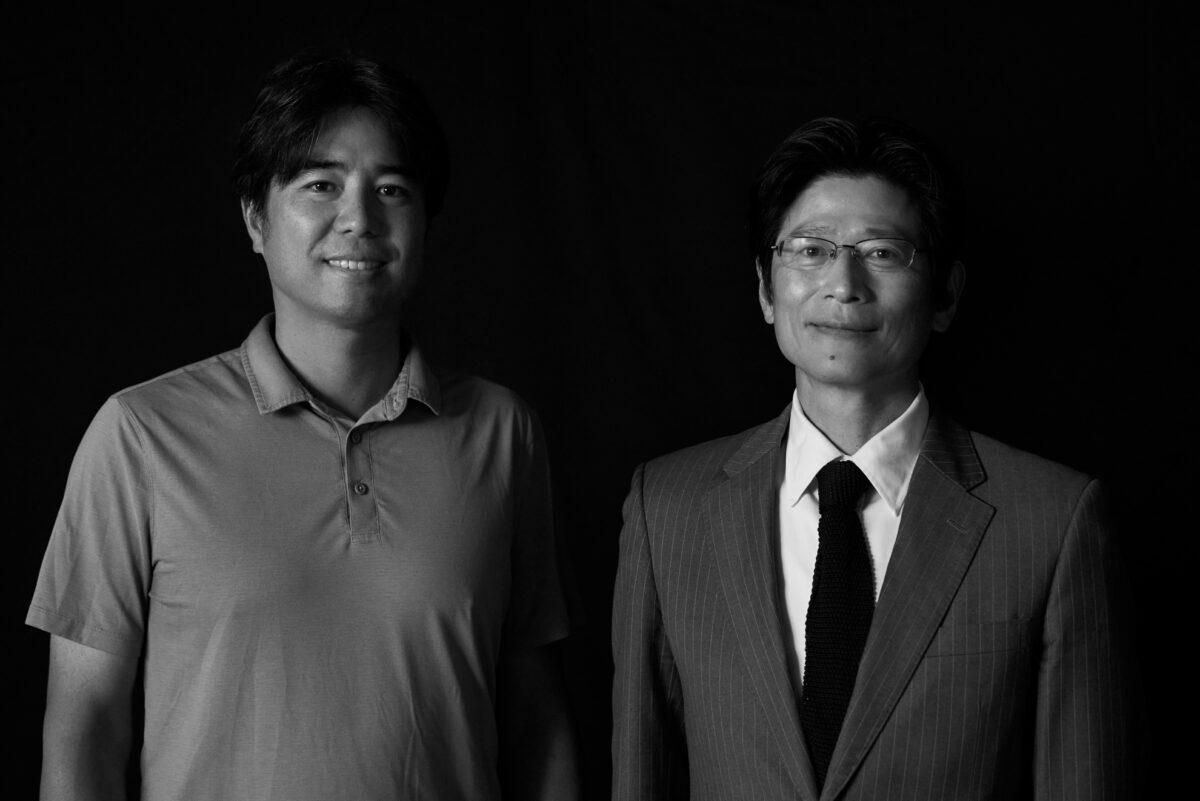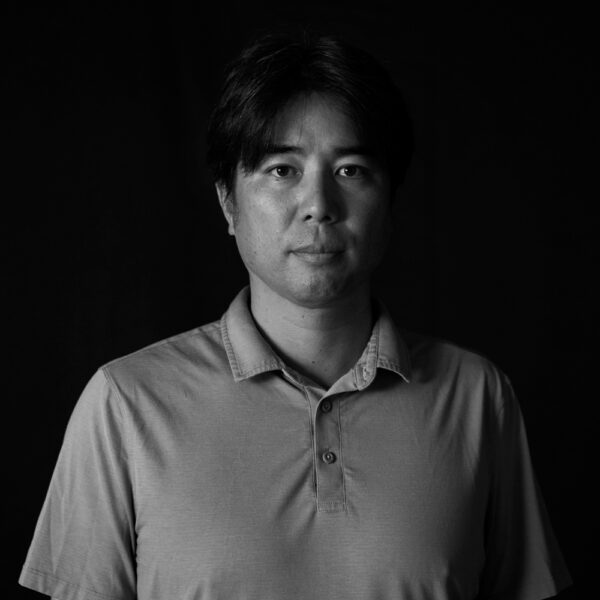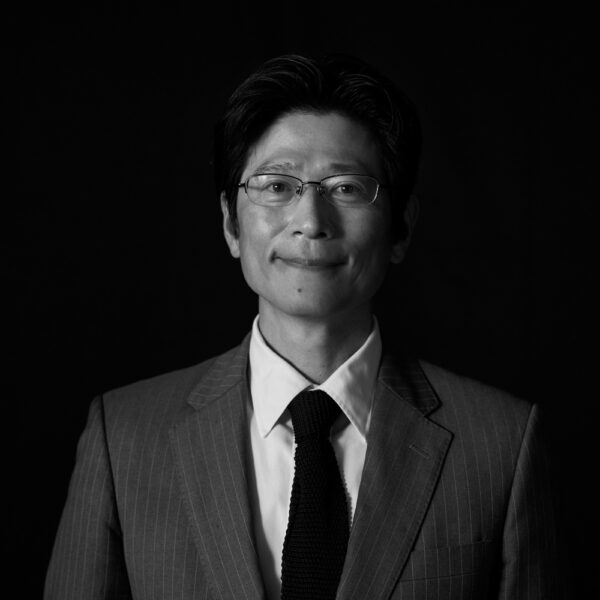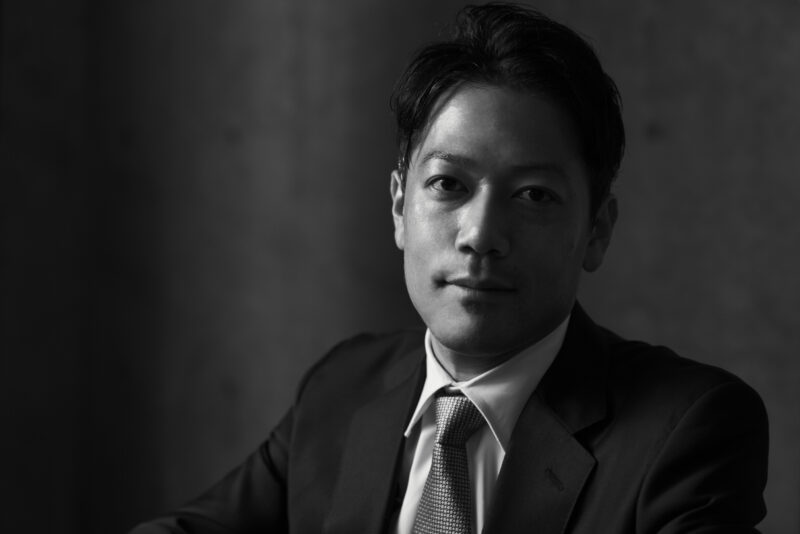#POD Capital
2025.07.12 Sat
FACE TO FACE: A Decarbonized Society

A talk session where professionals from different fields come together to share their unique philosophies and perspectives on pressing social issues.
In this episode, Takuya Ogushi, CEO of the rapidly growing renewable energy company Smart Energy, joins Yuji Matsumoto, who transitioned from the world of finance to found POD Corporation, in a conversation about creating a decarbonized society.

#001
Yuji Matsumoto × Takuya Ogushi
“Integrating Social Impact into Daily Business”
Matsumoto:
Mr. Ogushi, what does “giving back to society” mean to you from a business perspective?
Ogushi:
That’s a big question. For me, it all began with my deep interest in environmental issues—especially global warming—from a young age. I started Smart Energy with the intention of addressing these challenges as my life’s work. But I realized early on that tackling such issues on a personal or volunteer level wouldn’t be sustainable. That’s when I discovered that business could be a viable framework. Forming a company to take on environmental issues in a structured, long-term way—that was the foundation of Smart Energy. Our everyday operations, which aim to mitigate climate change, are in themselves a form of social contribution.
Matsumoto:
That’s a very clear and compelling model—your entire business is aligned with addressing environmental challenges, making social impact inherent to your operations. But as a founder and CEO, how do you balance the need for profitability with your mission?
Ogushi:
It’s something I think about constantly. I understand that stakeholders want companies to maximize and distribute profits. But when your mission is to address a problem like global warming, pure profit-maximization can feel misaligned. I view profit as a means, not the end. It’s a tool to enable our broader mission, not the mission itself.
Matsumoto:
When I first met Mr. Ogushi in 2017, I was working at Goldman Sachs. Back then, my mindset—shaped by years in finance—was focused solely on increasing enterprise value and maximizing returns. But conversations with Mr. Ogushi challenged that. He showed me the importance of vision, conviction, and purpose. That’s when I realized: business should be about contributing to society first. Profit can follow.
Ogushi:
Exactly. With environmental issues, it’s not always clear who benefits—or who should pay—for doing the right thing. There’s no straight line between “doing good” and making money. Still, companies need revenue to survive, so the challenge is in striking the right balance.
Corporate vs. Personal Social Contribution
Matsumoto:
And on a personal level, Mr. Ogushi—what does social contribution mean to you?
Ogushi:
Personally, I love the 0-to-1 phase—developing ideas and turning them into real businesses. I’ve also taught high school students and given lectures at universities in China on entrepreneurship. These are efforts I pursue outside of work, but they tie into a broader personal mission: helping others create.
Matsumoto:
It seems for you, the line between personal and corporate purpose is almost nonexistent—and that’s ideal. You live your mission in both spheres. For me, growing up abroad, social contribution was built into daily life. Volunteering was expected—even essential for things like college admissions. But in Japan, social impact isn’t as structurally integrated. That’s one reason I started POD: to build a business whose very purpose is to give back.
Ogushi:
In close-knit communities, people naturally feel a sense of obligation and purpose. But in modern society, with the decline of communal ties and the rise of nuclear families, there are fewer built-in opportunities to contribute. That’s why creating systems and spaces for contribution is more important than ever.
Changing Investment Structures for Long-Term Impact
Matsumoto:
In March 2022, Smart Energy underwent a major shift in shareholders. Instead of institutional investors like Goldman Sachs, you brought in individuals—entrepreneurs, athletes, and business leaders—who share your vision. What led to that decision?
Ogushi:
Climate change isn’t something you solve in 10 or 20 years—it’s a long-term challenge. But traditional funds often seek returns in fixed timeframes, which creates a misalignment. By bringing in individual shareholders who resonate with our mission, we’ve created a governance model that supports sustained, meaningful impact.
Matsumoto:
Has this change influenced you personally?
Ogushi:
Absolutely. The support and empathy of our new shareholders reaffirmed that we’re on the right path. It also deepened my sense of responsibility—not just to perform, but to stay true to our values. Unlike the purely financial metrics emphasized in the past, today we’re also accountable to a shared purpose.
Looking Ahead
Matsumoto:
As Smart Energy moves forward, what kind of future do you envision?
Ogushi:
We’ll continue to focus on climate change mitigation, but how we approach it will evolve with society. At first, simply promoting energy-saving behaviors was impactful. Today, many people drive EVs or feel guilty using fossil fuels—that’s a sign of maturity. In the future, we want to offer more sophisticated solutions—like buildings or communities that actively support decarbonization. Smart Energy in ten years might look entirely different, and that’s okay. What matters is that we continue to meet society’s evolving needs.
Matsumoto:
At POD too, our mission is fluid. When the purpose is social contribution, you learn not to cling to fixed identities. That mindset of flexibility is what I’ve learned most from our collaboration.
Ogushi:
Exactly. It’s about serving where you’re needed, when you’re needed.
Interview edited for clarity and length.
Profile

Yuji Matsumoto
In 2020, after leaving Goldman Sachs, founded POD Corporation. With the aim of promoting social contribution activities, the company has built a team of professionals active across diverse fields such as asset management, social branding, and capital support. The company advocates for greater visibility of ESG efforts in corporate activities and strives to create a culture where giving back to society becomes a part of everyday conversation.
Profile

Takuya Ogushi
Having been interested in environmental issues since childhood, I decided to pursue a career focused on preventing global warming. To tackle environmental challenges through a business-oriented approach, I became a certified public accountant and began providing environmental services at a major auditing firm. In 2007, I founded Smart Energy Inc. with the concept of “Decarbonization through the power of business.” I am currently dedicated to devising and implementing systems that contribute to CO2 reduction.





